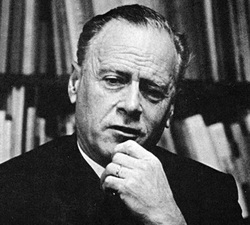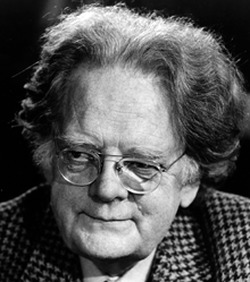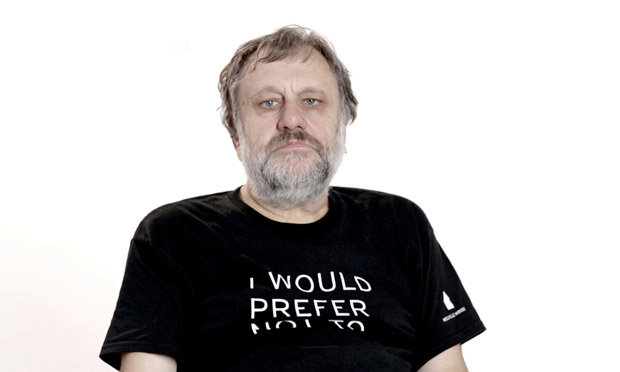 The creative writer uses inductive and deductive reasoning to produce results. However, aesthetic writing uses induction to give an experience as its chief means of persuasion. It is a matter of emphasis. Aesthetic writing puts things together, making connections to make an experiential appeal to the reader. If the academic communities and our culture itself could understand the value of aesthetic writing and the inductive reasoning skills required in its practice, its value may then be more enthusiastically embraced as necessary for a citizen in our times. To understand the value of creative writing in the undergraduate curriculum one first needs to understand inductive reasoning. Inductive reasoning is a democratic reasoning process in which conclusions are drawn from particular cases. For McLuhan aesthetic writing’s lack of value is quite clearly “a conspiracy to make the artist a frill, a fribble, or a Milltown,” as he puts it in his book Understanding the Media: The Extensions of Man. (71) Some have describe the state of the arts in general as in decline.  In her book Differentials, Marjorie Perloff attributes the problem of the decline of the arts and humanities (creative writing and inductive reasoning) at least partially to curriculum changes over the past few decades “without clear cut notions of why it is worthwhile to read literary texts, whether by established or marginalized writers, in the first place, the study of ‘literature’ becomes no more than a chore, a way of satisfying distribution requirements.” (15) Perloff urges a change in pedagogy in literary studies. She suggests, “What is urgently needed . . . is a more “differential” and inductive approach to literary study, indeed to the humanities in general.” (16) Though I think the problem for the arts and humanities is one that has its roots deeper in our history, I agree with her thesis in its focus. I am interested in “why it is worthwhile” so that its legitimacy may be secured. McLuhan had insight into the predicament of the artist. He rightly defined the artist broadly. He states, “The artist is the man in any field, scientific or humanistic, who grasps the implications of his actions and of new knowledge in his own time. He is the man of integral awareness.” (71) Or as Aristotle put it, the poet doesn’t make any particular or specific statements. He/She tells us not what happened, but what usually happens. McLuhan and Aristotle are referring to inductive reasoning. The distinction between the two is that of deductive fact and that of inductive universal truth. Neil Postman one such “artist,” refers to the arrival of ‘new knowledge’ as “great media-metaphor shift[s].” (Amusing Ourselves to Death 16)
0 Comments
Leave a Reply. |
Archives
May 2024
Categories |

 RSS Feed
RSS Feed